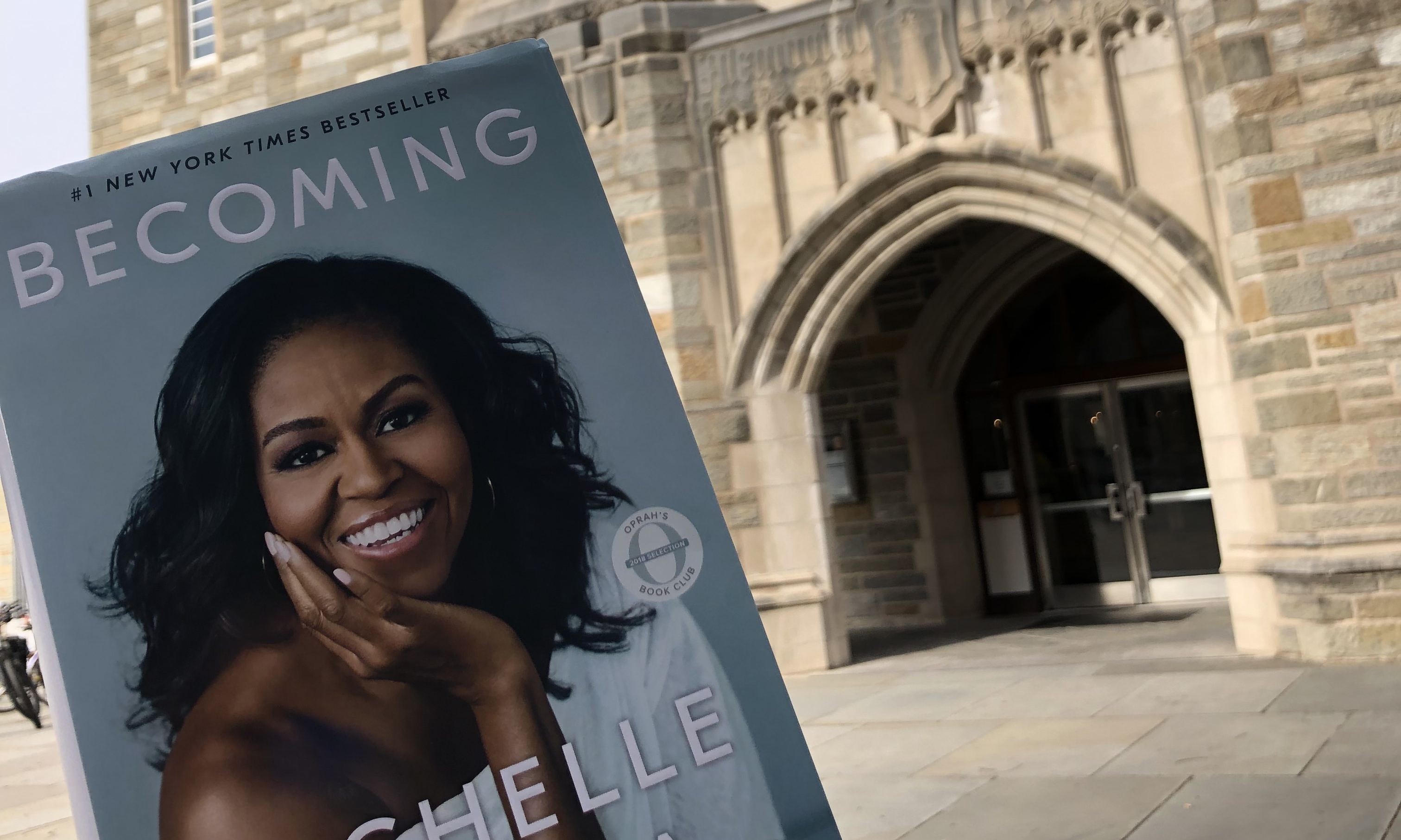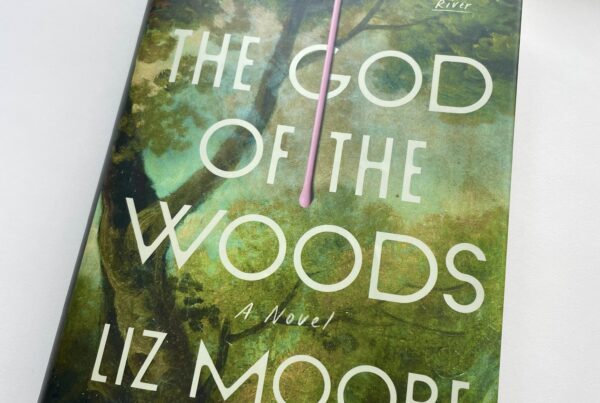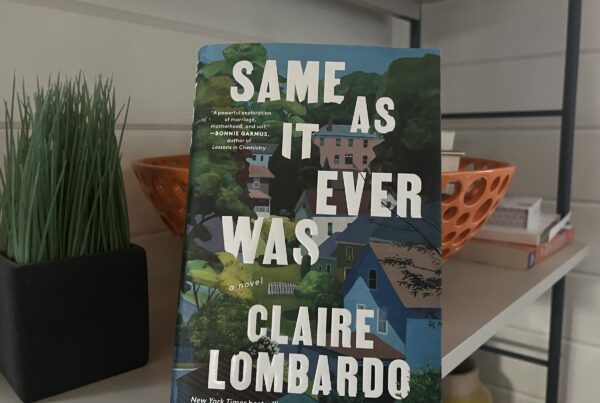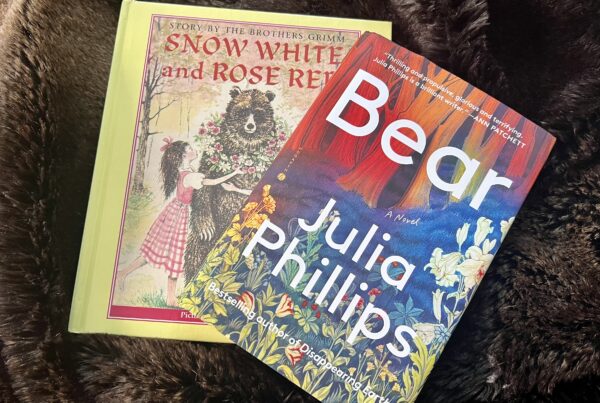The day Barack Obama was inaugurated, we had a snow day from school. I was twelve years old and was oblivious to everything outside of my sixth-grade frame of reference — school, friends, our new puppy. My best friend Amelia and I had happily tumbled into the heady freedom of an unusually heavy snowfall, thrilled to have this magical, unexpected holiday all to ourselves. Mid-morning, my mom called us in from the yard and sat us both in front of the TV, doling out hot chocolate to warm us up. “You’ll remember this forever,” she told us as we giggled and tried to take in the significance of the young, handsome man who lay a hand on the Bible and repeated lots of long sentences. Still, I knew even then that this was something important, something to pay attention to. I slowly sipped my steaming cocoa and watched as Obama, an African-American man, became the 44th President of the United States of America.
In many ways, I grew up with the Obamas, and particularly, with the calm confidence of our stunning First Lady. Our president was exciting — he rapped and smiled and told jokes. He was like the cool dad we all wished we had. I felt like I knew them, but I really had no idea. Reading Michelle Obama’s new memoir, Becoming, was surprisingly difficult. Difficult, because the fairytale characters I’d watched as I grew were suddenly laid out in all their flaws, frustrations and failures. Michelle did not dream of the Presidency for her husband, and she struggled, often. In Becoming, I had expected to find a woman who pushed her husband to take the leap towards politics, who imagined changing the world together. Instead, what I found was an incredibly practical, smart woman who struggled to find her place and her voice in the shadow of her husband’s abstract visions. Her greatness, as Shakespeare so aptly explained, was thrust upon her.
Somehow, this only made me like her more. Michelle Obama’s prose is beautiful, partly because she is able to hook a stunning metaphor that is at the same time specific and overarching, and partly because she just knows how to tell a good story. Her narrative, interspersed with historic events as well is intimate anecdotes, is fast-paced and easy to read. She takes the time to let us get to know her. So often, we get so stuck on the grandeur of a person that we forget they also feel inadequate, confused, and worried — that she, too, was just a young person who looked up and suddenly felt unsure of her career choice, parenting techniques, and purpose.
Yet, the idea I am left thinking about is not Michelle’s vulnerability, but rather her emphasis on how powerful investing in the lives of others can be — particularly those who don’t have the resources, family, or background to do so themselves. She returns to this idea over and over, showing how a little investment in someone’s education or wellbeing (even if it is your own!) goes a long way. The mantra she so often repeats throughout the book, “Am I good enough? Yes, I am!” is one that we can all learn from. It is an idea that we can share with others. We are enough – and good enough – to change ourselves, to change our community, to change our future.




